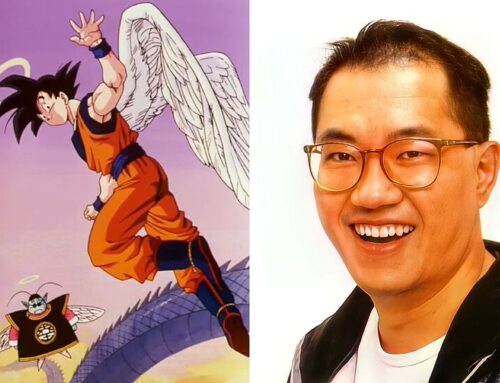Usually, “flat” = boring. But in literature, flat character arcs have every bit of meaning as those that rise or fall.
I’ve been writing stories for a few years now – not necessarily finishing them, mind you, but writing them no less – and since I devour information whenever I’m trying to accomplish something, I’ve been reading, watching and listening to whatever I can in order to understand stories and storytelling.
What I realized during this time is that I absolutely love flat character arcs.
A flat character arc is one where the protagonist more or less remains unchanged in the story. Instead of circumstances changing them, flat characters, far from being boring, stick to their values and instead change the world around them. Iconic examples include Captain America in the MCU, Goku of Dragonball fame, and many iterations of Superman.
I say flat characters “more or less” remain unchanged because, well, they still go through changes that are brought through trials that challenge their ideals or way of life.
And this is the beautiful part of a flat character. Far from being “unrelatable” or “robotic,” they too struggle with human things like doubt, fear and loneliness from being abandoned, disillusionment and so on.
The difference is that, in the end, flat characters persevere because they believe that their values are correct and must be held on to no matter the cost. Thus, they work to better the world instead of letting it corrupt them. They resist the temptation to fall to bitterness or resentment or an otherwise lower moral route, even though it might advantage them in some way.
The Stories In Our Souls
Every story is archetypal: a real-life scenario that we already understand, but mythologized in some way. This is so we can relate to it, learn from it, and integrate its lessons into our lives.
Often, life needs us to stick to something – values, ideals of character, etc. – despite the odds or level of adversity we face. It requires us to hold a moral position that is for the betterment of our world at a time of inconvenience or risk.
This is the archetype of the flat character arc.
There are plenty of these real-world flat arcs:
The abolitionists were counter-cultural in their time. Slavery was a norm; they fought and fought until it was no more. They changed the world around them instead of letting it influence them for what they believed to be the worst. This is despite the advantages of slavery and going along with the cultural norm. Many abolitionists were derided, looked down on, and mocked. But they held fast, and eventually, they won.
Jesus was, like many religious figures, counter-cultural in so many ways. Still, it would have been much easier for him to go along with the religious powers that were. Instead, he advocated for the poor and challenged the legalism that plagued the Roman/Jewish world in the first century. Today, his values still remain.
One has to wonder, with all the virtue signalling and moral questions of our day… what values do you need to stick to? In what ways do you need to be like the flat characters of history and fiction in order to change the world around you for the better?
Beware the temptation to fall into camps of corruption. Bad company does ruin good morals, after all.






